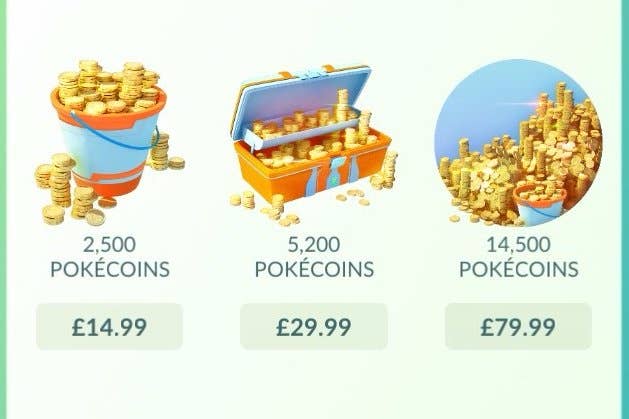NPD: Price is biggest barrier to higher DLC sales
Microtransactions also impacted, with earned virtual currency the preferred purchase method
A new report shows spending on additional game content is healthy, but perceived high prices are deterring up to half of consumers from investing in DLC and microtransactions.
The latest survey from the NPD Group - PC and Video Games: DLC and Microtransaction Purchasing - shows that 28% of US males and females aged 13 to 54 have purchased extra content within the past three months.
Out of those who did not spend, almost half said they were not willing to invest money in microtransactions, with 48% clarifying they did not believe the content was worth the expense. Half of non-purchasers felt the same way about DLC, with 16% adding they believed the extra content should have been included in the full game price.
The latter point is often levelled at triple-A games, with prominent recent examples including Square Enix's Deus Ex: Mankind Divided and last year's EA release Star Wars Battlefront, which was criticised at the time for the lack of launch content.
Triple-A games continue to represent the high-end of DLC prices, particularly with publishers continuing to push the Season Pass business model. This month alone, at least four titles offer the option to pre-purchase future DLC to the tune of up to £40 or $50, such as Battlefield 1 and Gears of War 4. Even passes for Mafia III and WWE 2K17 come in at around £25 or $30 - almost the price of a full game. The model continues to draw criticism among some consumers, largely because there is often little more to influence purchasing a Season Pass than the studio's reputation and vague hints at how much content will be delivered.
Even among purchasers there is a desire to see prices lower. While most respondents that had bought DLC found the prices reasonable, more than half indicated they would purchase more if content was cheaper. Similarly, half of those who paid for microtransactions said they would do so more often if it didn't cost so much.
Microtransaction prices vary wildly from game to game, and while reports of children inadvertantly spending hefty sums on bundles of virtual currency have decreased, even this year's mobile phenomenon Pokèmon Go includes microtransactions of up to £79.99.
Using earned virtual currency is the preferred method of purchasing microtransactions, although 78% of survey participants revealed they are willing to spend real money on content providing they are enjoying the game. Overall attitdues to microtransations were positive, with 77% claiming their liked the ability to "extend the enjoyment" of particular games. However, 68% believe microtransactions represent an unfortunate 'pay-to-win' aspect of gaming.
Teenagers and males were the most likely to purchase extra content. 23% of respondents had purchased microtransactions within the last three months, while 16% had purchased DLC - although this could well change as Q4 and its triple-A blockbusters gain momentum.
"Spending on microtransactions and DLC is currently healthy, but game publishers and developers must not lose sight of the importance of looking at areas that will stimulate spending growth without compromising real and perceived value of the content they're providing," said NPD analyst Sam Naji.

